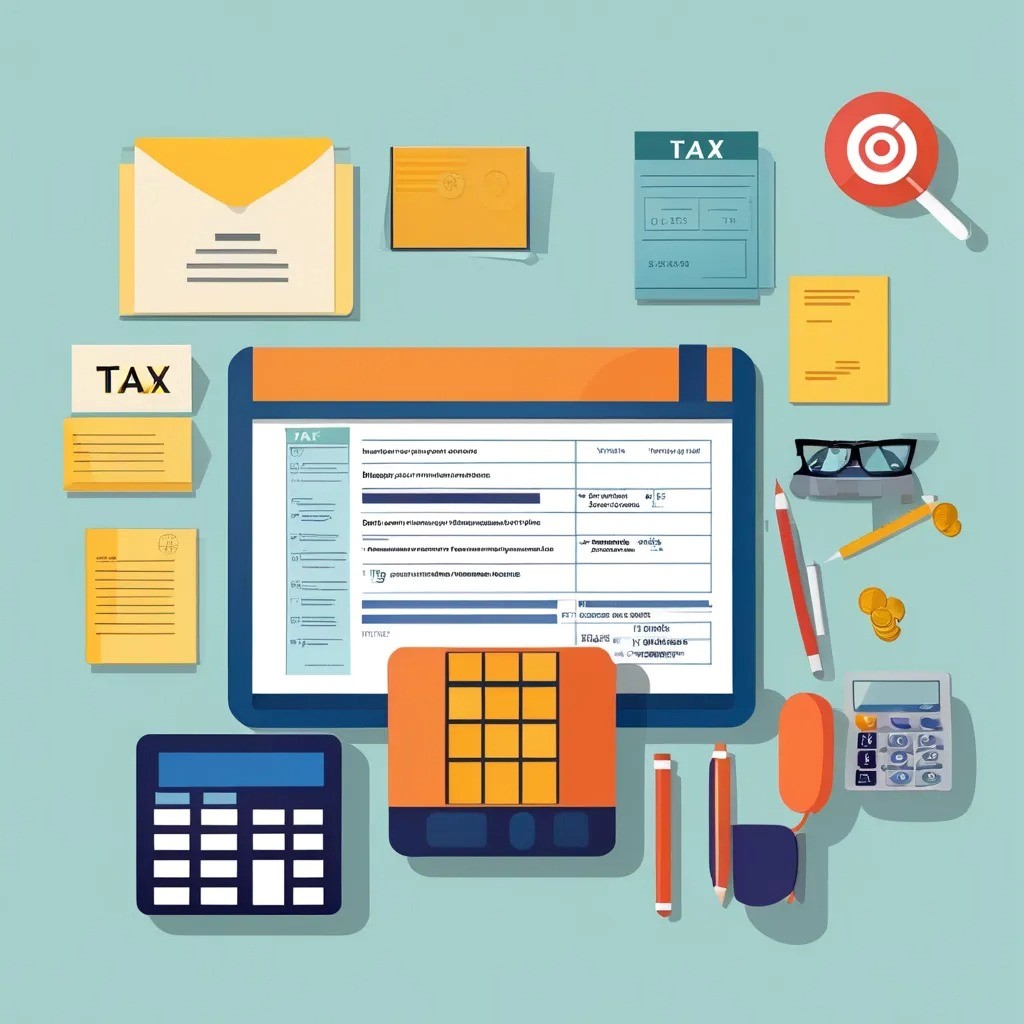It might be time to get a business vehicle, regardless of when your company was founded or how long it has been in operation. From deliveries to doing errands, a business vehicle may make managing your company easier than ever. Therefore, if you're asking yourself, "Should I buy or lease a vehicle for business?" We'll give you an answer about what’s best for your business.
Should you purchase or lease a vehicle for your company? It is not necessary for a business vehicle to be a car. A car, bus, van, truck, or any other motorized vehicle used for commercial purposes can be considered a business vehicle. Both purchasing and leasing a company vehicle have advantages and disadvantages. Which is the better choice, then? Should I buy a car for work or lease one?
When purchasing a car for business, you may need to make a sizable down payment. If you have the funds, this can be the best option for your company. However, since you'll pay less up front, leasing your business car can be a better option if you're short on cash or don't want to buy one.
Here are some things you might want to ask yourself before you enter a showroom:
- How much do I have to spend?
- For what purpose will the vehicle be utilized?
- Which tax deductions am I eligible for?
Aggregators in the commercial vehicle industry like 91Trucks can help in your decision-making process to find the right vehicle for your business. These platforms provide valuable information about new and used commercial vehicles.
Budgeting for a business vehicle involves several factors. You might be able to afford a car outright. Regardless of whether you purchase or lease the company vehicle, you will typically have to pay a monthly fee.
1. How much do I have to spend?

Spending limit when buying a company vehicle
If you're thinking about buying a business vehicle, check how much you can afford. If you can pay for the car in full at once, it will be simple to understand your budget. However, it becomes more difficult to comprehend the vehicle’s total cost if you take out a loan. You must consider the loan amount, the annual percentage rate (APR), the loan period, and your down payment when you take out a loan for your business vehicle.
Your monthly interest rate and the cost of your auto loan are reduced by the size of your down payment. A down payment for a new car should typically equal 20% of the vehicle's total cost. If the car is used, the down payment should be closer to 10%.
Spending limit when renting a company car
Leasing can be your best bet if you are unable to make a down payment on a business vehicle. When renting a business vehicle, make sure you have enough money set aside for both the lease's monthly payments and any unforeseen costs, such as a down payment or acquisition charge.
For a leased car, some dealers could demand a down payment. Keep in mind that a down payment reduces your monthly installments. Therefore, you might want to think about making a down payment if your budget permits it. 20% of the vehicle's value is the suggested down payment for a leased car.
2. For what purpose will the vehicle be utilized?

You are aware that you require a business vehicle, but have you considered how you will utilize it daily?
The number of kilometers your vehicle will be driven each year and any potential damage your business vehicle may experience from regular use are both impacted by how you operate it. If your business requires a lot of travel, especially in difficult terrains and different weather conditions, you should consider buying or leasing a relatively newer vehicle with less kilometers in the odometer, you can visit platforms like 91Trucks to look for used commercial vehicles for your business. If you plan to use the vehicle for the long haul, buying the vehicle can be a good option as you will repay any downpayments and the vehicle will then generate profits for you.
3. How frequently will I be using the vehicle for work?

Your ability to claim certain deductions may be impacted by how frequently you use your vehicle for work, whether you purchase or lease one. For example, you might be eligible to claim 100% of your real expenses if you utilize the car for business purposes 100% of the time. However, you can deduct 60% of your car-related expenses from your taxes if you use your business vehicle for business 60% of the time.
Pros and cons of leasing a business vehicle
Pros
|
Cons
|
|
Most of the time, the manufacturer's new car warranty still applies to leased vehicles.
You can enjoy the car during its best years if you lease a newer vehicle.
Leasing a car for business comes with tax benefits like deducting expenses for the leased car.
|
Lease agreements permit a certain number of miles. You will be subject to an excess mileage penalty if you drive more than the permitted number of miles.
Since you frequently pay for leasing during years of high depreciation, it may end up costing more in the long run.
If you only lease cars, you’ll always be paying monthly payments.
|
Pros and cons of owning a business vehicle
Pros
|
Cons
|
|
Once you own the car, you can modify it however you’d like.
Your long-term expenses will decrease the longer you own the vehicle. You simply need to pay for regular maintenance, gas, and insurance when the automobile is paid off.
You can sell the vehicle whenever you’d like.
|
Your monthly loan payment may be higher than a lease payment until the loan is paid off.
Paying for routine maintenance of the vehicle may cost more than you expected.
You might have to pay recapture tax when you sell or trade in the car if you fully depreciate it.
|

